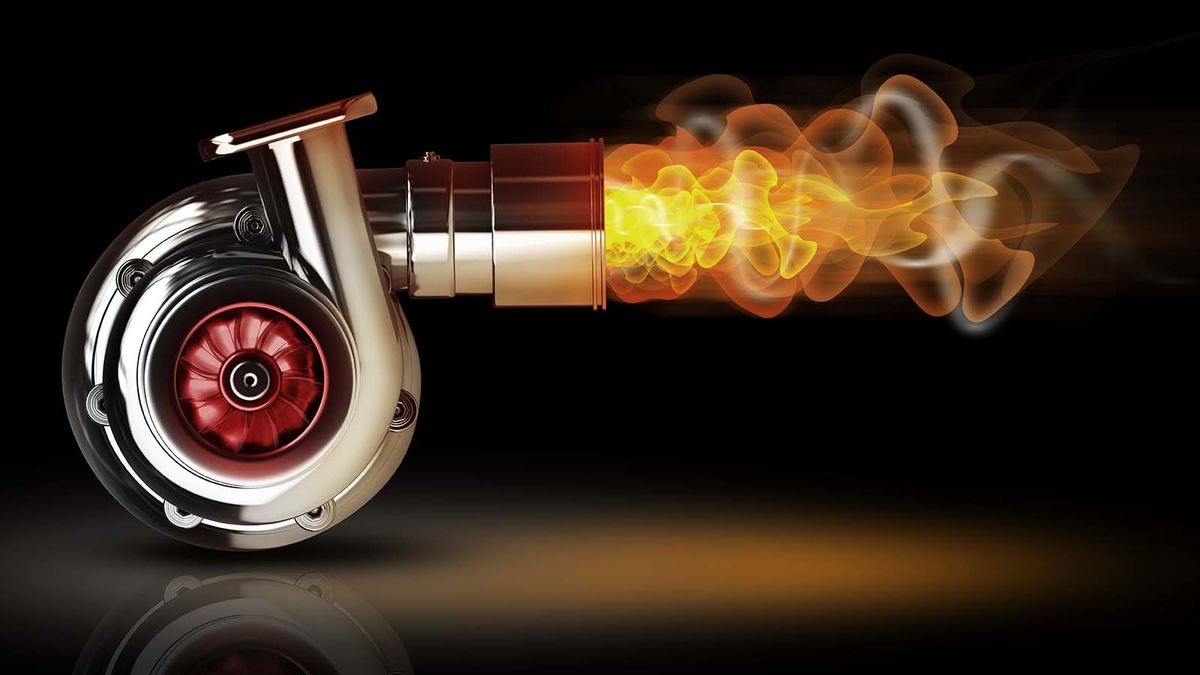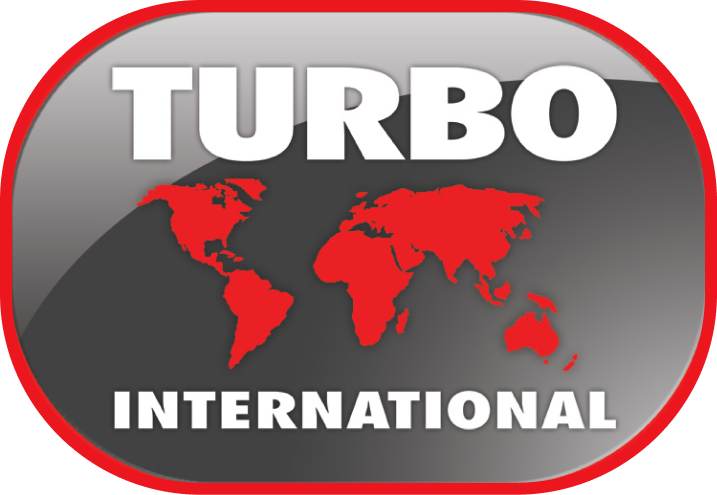I came across this thread http://forums.gtrcanada.com/viewtopic.php?t=508 and I realise that I don`t know much about turbos. I mean, I know how they work but as far as how to properly size one for a specific power curve I am at a complete loss. I don`t even know what A/R is! Do you guys know any good reference sites that go into the technical details of turbocharger opperation? I want to learn all about the theoretics of turbocharging as well as the real world data from actual experiences. Please don`t send me here:
Although it did link me to these sites,
and these last were quite helpful but they are still somewhat lacking in technical info.
My conservative goal would be to have an RB26DET put out 400hp to the wheels on a stock bottom end. From what I have learned sofar, that is not too lofty but I would like as wide a powerband as possible at the same time.
Specificaly, I want to find out if the stock turbos need to be upgraded or if a single turbo would be better? I need to know how different cam profiles affect power output? How big of an intercooler I will need and if this is at all possible on 92-93 octane fuel? What will need to be done about the engine management? (new ECU, reprogramming or complete aftermarket setup) What`s better, a mechanical boost control or an electronic one? What other gizmos are recommended for controling and monitoring engine vitals on a turbo motor?
I need to become knowledgeable about all these things before I dive in head first with the purchase of a GTR so if you guys have answers or websites with answers post them up.
Thanks in advance.
Toughguy
Although it did link me to these sites,
and these last were quite helpful but they are still somewhat lacking in technical info.
My conservative goal would be to have an RB26DET put out 400hp to the wheels on a stock bottom end. From what I have learned sofar, that is not too lofty but I would like as wide a powerband as possible at the same time.
Specificaly, I want to find out if the stock turbos need to be upgraded or if a single turbo would be better? I need to know how different cam profiles affect power output? How big of an intercooler I will need and if this is at all possible on 92-93 octane fuel? What will need to be done about the engine management? (new ECU, reprogramming or complete aftermarket setup) What`s better, a mechanical boost control or an electronic one? What other gizmos are recommended for controling and monitoring engine vitals on a turbo motor?
I need to become knowledgeable about all these things before I dive in head first with the purchase of a GTR so if you guys have answers or websites with answers post them up.
Thanks in advance.
Toughguy











Comment